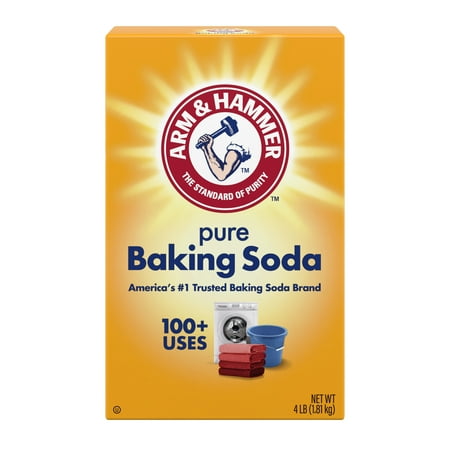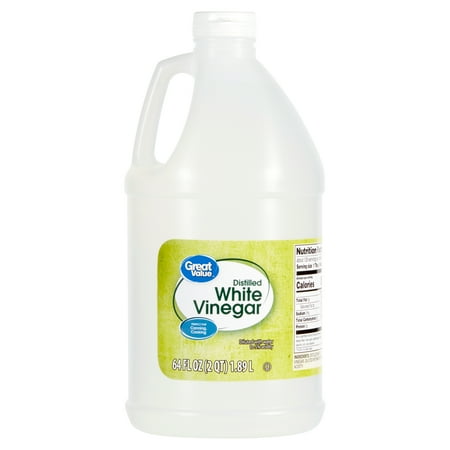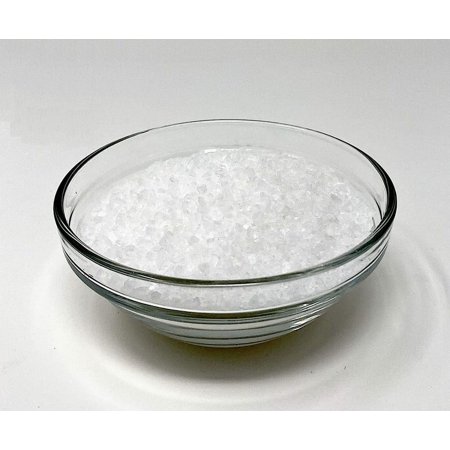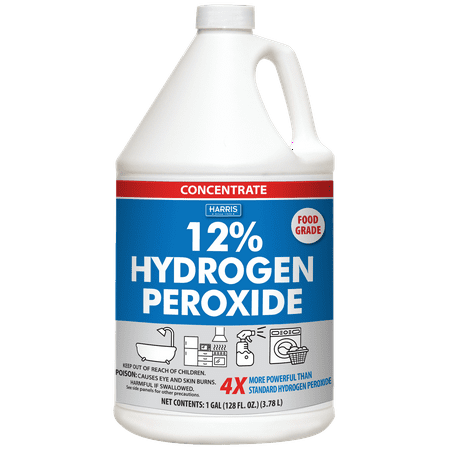Forget chemicals, use 9 of nature's best deodorizers around your home instead
Cut chemicals and go green with these natural odor-busters


Design expertise in your inbox – from inspiring decorating ideas and beautiful celebrity homes to practical gardening advice and shopping round-ups.
You are now subscribed
Your newsletter sign-up was successful
Want to add more newsletters?

Twice a week
Homes&Gardens
The ultimate interior design resource from the world's leading experts - discover inspiring decorating ideas, color scheming know-how, garden inspiration and shopping expertise.

Once a week
In The Loop from Next In Design
Members of the Next in Design Circle will receive In the Loop, our weekly email filled with trade news, names to know and spotlight moments. Together we’re building a brighter design future.

Twice a week
Cucina
Whether you’re passionate about hosting exquisite dinners, experimenting with culinary trends, or perfecting your kitchen's design with timeless elegance and innovative functionality, this newsletter is here to inspire
No one wants to deal with nasty household odors. It is why so many of us have a stunning arsenal of cleaning supplies to tackle them before they take hold – from multipurpose sprays to special sponges to dedicated floor solutions – the list could go on
But did you know there are actually a number of household staples you most likely already own that can achieve the same results, minus the smell of harsh chemicals?
We asked experts for a breakdown of the best natural deodorizers and how to use them to help you clean your home without harming the planet. You'll be welcoming a fresher space in no time.
The best natural deodorizers
Whether you use them to make homemade room spray, or invest a little more in green cleaning, these natural deodorizers will help to make any home smell better without relying on chemical solutions.
1. Baking soda
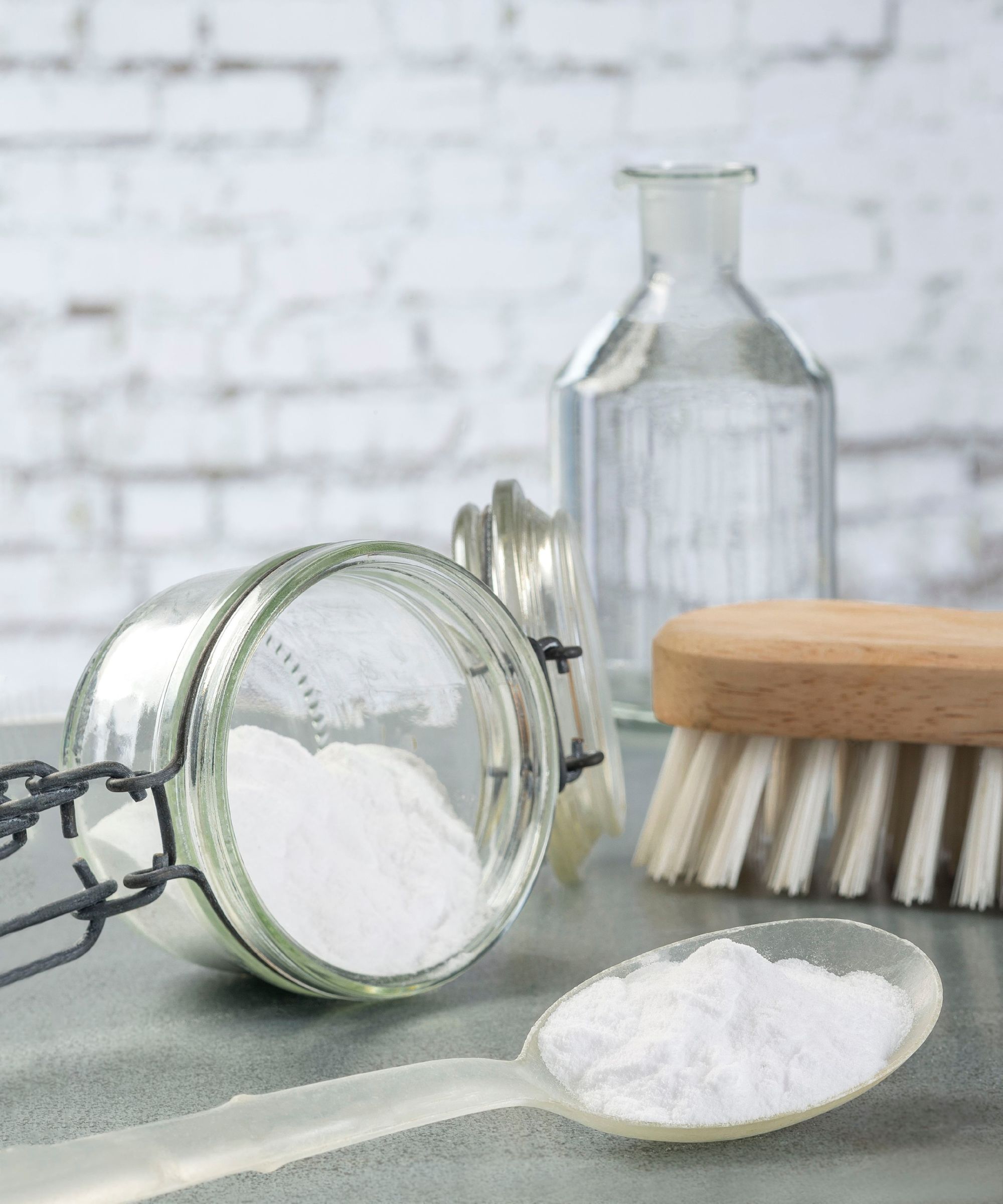
Baking soda is a common kitchen staple that's highly effective in neutralizing odors around the home. Absorbing acidic particles and balancing an areas pH's, adding a sprinkling of baking soda to freshen up your floors or a small bowl in your refrigerator will get to work eliminating bad smells within around half an hour.
Tamara Meyer, founder of Nashville Neat Freaks, says, 'Cleaning with baking soda is ideal for tough, lingering smells like those found in refrigerators, carpets, and pet areas.'
For the baking soda method to work, there are two main approaches Tamara detailed.
Design expertise in your inbox – from inspiring decorating ideas and beautiful celebrity homes to practical gardening advice and shopping round-ups.
Firstly, she says to 'place an open container or bowl of baking soda in areas that tend to hold odors, such as the fridge, by trash cans, or around your clothes to refresh your closet. If you'd like to use it as a carpet freshener instead, sprinkle a thin layer of baking soda onto your carpets, let it sit for 15-30 minutes, then vacuum it off to lift dirt and odors.'
It's recommended to leave your baking soda in an area like the fridge for no more than three months before replacing it. A standard cup amount of the product should do the trick, which can be measured using a measuring spoon such as the Thyme & Table 5-piece stainless steel measuring spoon set from Walmart. For something less spillable, you can also use rolled oats as a fridge deodorizer in the same way.
2. Activated charcoal

Activated charcoal is often ingested to help remove toxins from people's stomachs, but this same charcoal is great at absorbing odors and creating a cleaner and healthier space. Made from natural ingredients including coal, wood pulp remnants and coconut shells, the charcoal neutralizes odors while at the same time killing harmful bacteria.
Muffetta Krueger, owner of Muffetta's Housekeeping, says, 'Activated charcoal traps odor molecules, effectively removing strong smells. It works especially well in closed spaces like closets, shoe racks, and basements, and all you need to do is place their little breathable bags or containers in the area.'
Activated charcoal would also be a useful addition to get rid of musty smells in a bedroom, or to freshen up musty dresser drawers
The 100% natural bamboo charcoal air purifying set of 12 from Amazon is perfect for the job, allowing you to easily place bags around your home that can be refilled.
If you're not a fan of the breathable bags though there are other options out there, such as this 15 pack of deodorizer activated charcoal, also from Amazon. These are handy to keep in all sorts of places to neutralize bad smells, from your fridge to your car.
Activated charcoal can last between one to three years, permitted it isn't sitting in direct sunlight. If you notice odors starting to creep back into your home though, this is a clear sign your charcoal may need replacing.
3. White vinegar
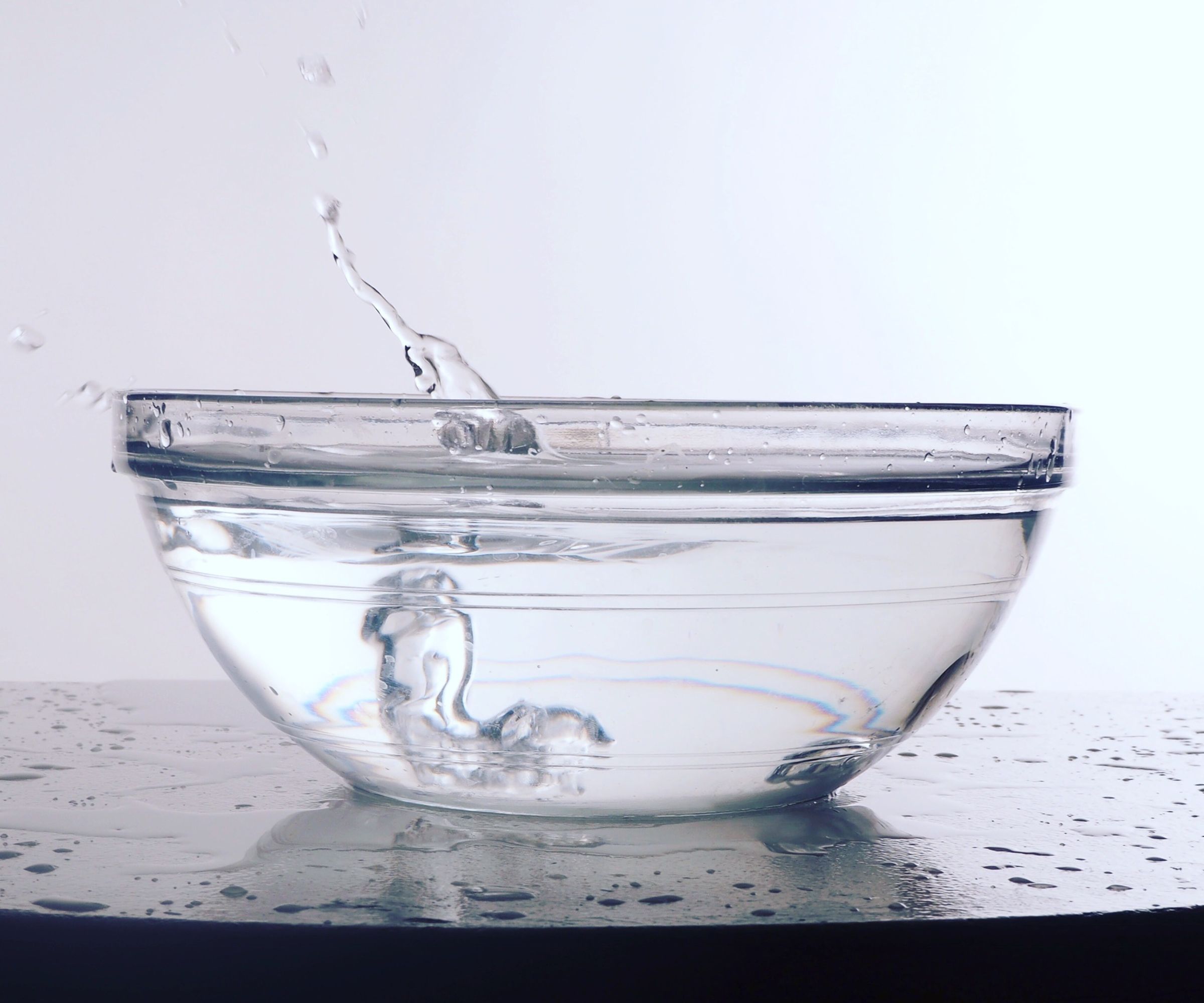
White vinegar operates in a somewhat similar way to baking soda, tackling the acidity of an odor and seeking to eliminate it from an area. However, it's incredibly versatile and stronger than baking soda in its approach to deodorizing.
'Vinegar’s acetic acid neutralizes odor-causing bacteria and breaks down grease, making it a powerful and natural deodorizer,' says Tamara.
To make the most out of white vinegar's natural deodorizing properties, Tamara recommends using it as an air freshener in a spray bottle, like the plastic spray bottle 2 pack from Walmart, cleaning with vinegar, or using white vinegar in laundry to make laundry smell better.
She explains, 'Adding half a cup of vinegar to a wash cycle will help eliminate odors in clothes and linens, as well as clean a washing machine. It also makes a simple, effective air freshener if you mix equal parts vinegar and water together and pour the mixture into a spray bottle.'
You can also leave some white vinegar sitting out in a bowl next to your stove to absorb any immediate lingering food smells in the area.
Vinegar works best to remove musty smells, commonly found in bathrooms, basements, and attics.
4. Citrus peels and herbs
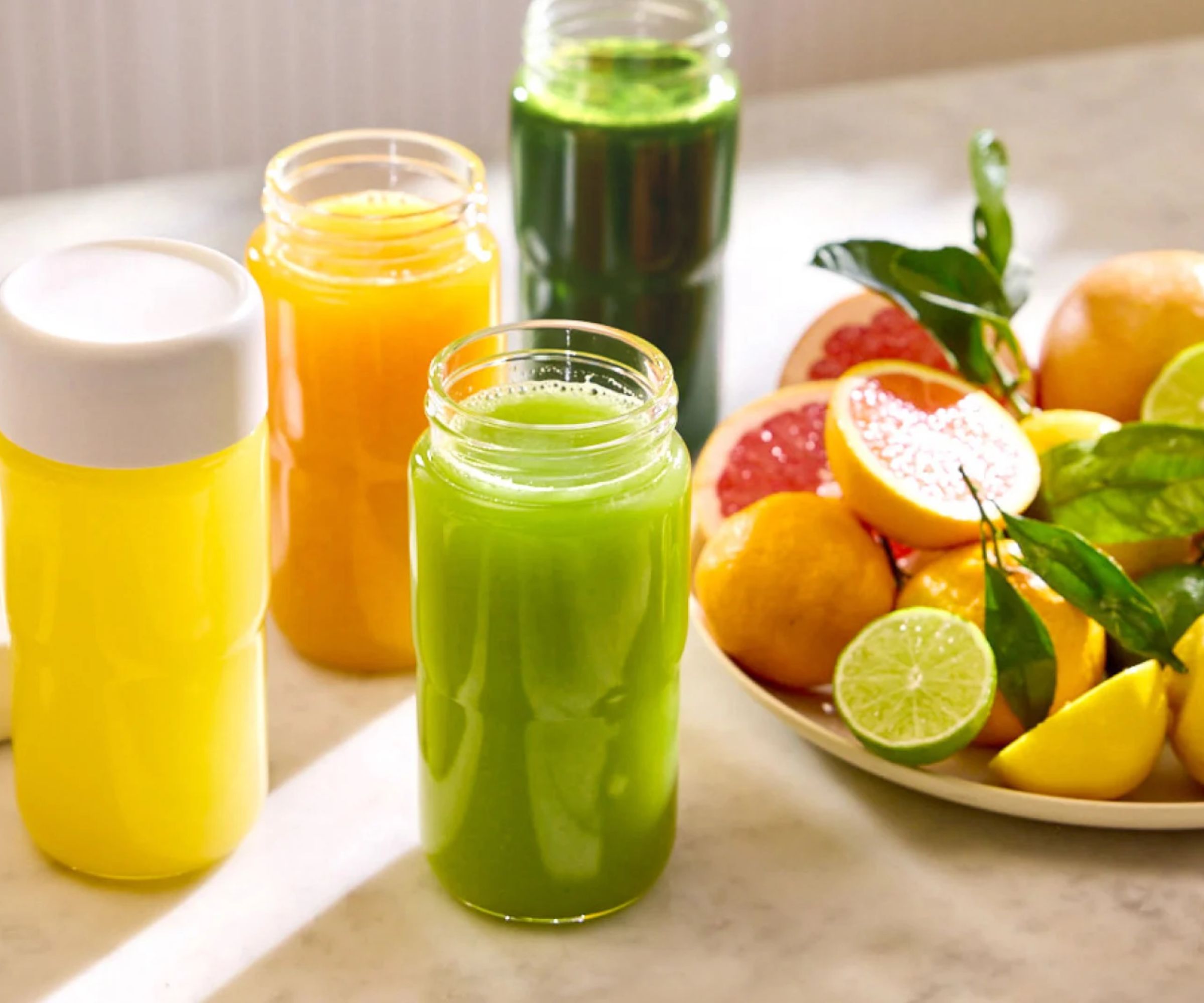
Citrus peels and certain herbs are an amazing choice for deodorizing and making a home smell nice when you're sensitive to fragrance. Since you likely have some fruit or a herb or two already around your home, this hack is incredibly handy if you know how to execute it.
Karina Toner, operations manager at Spekless, says, 'Citrus peels contain limonene, an aromatic compound that gives off a fresh, uplifting scent and has natural odor-fighting properties. Many herbs, too, have natural antimicrobial and deodorizing properties, releasing a pleasant scent when fresh or dried.'
To use this non-toxic way to make your home smell nice, place dried peels into small bowls around your odor-prone spaces. You can dry your peels in a dehydrator, the oven, or air dry them in the sun over a few days. Using an oven is the easiest option if you don't live in a sunny climate.
Bake your peels at 200°F until they are dry and curled at the edges (approximately 20 to 30 minutes). Then, let them cool, and they are ready to use.
Herbs such as rosemary, thyme, and mint can be tied up into bundles and hung upside down by a piece of string, or placed in a cloth bag. The bag needs to be breathable, like the reusable cotton muslin bags with drawstrings from Amazon, so the scent can penetrate through the fabric.
Karina continues, 'Herbs and citrus peel smell lovely in a kitchen or would make an incredibly fresh-smelling bathroom. Placing dried herbs in small cloth bags and putting them into drawers is another great way to help maintain freshness in your home.'
They also make great additions to simmer pot recipes for fall or winter or even a spring simmer pot if you'd like to think ahead.
5. Coffee grounds
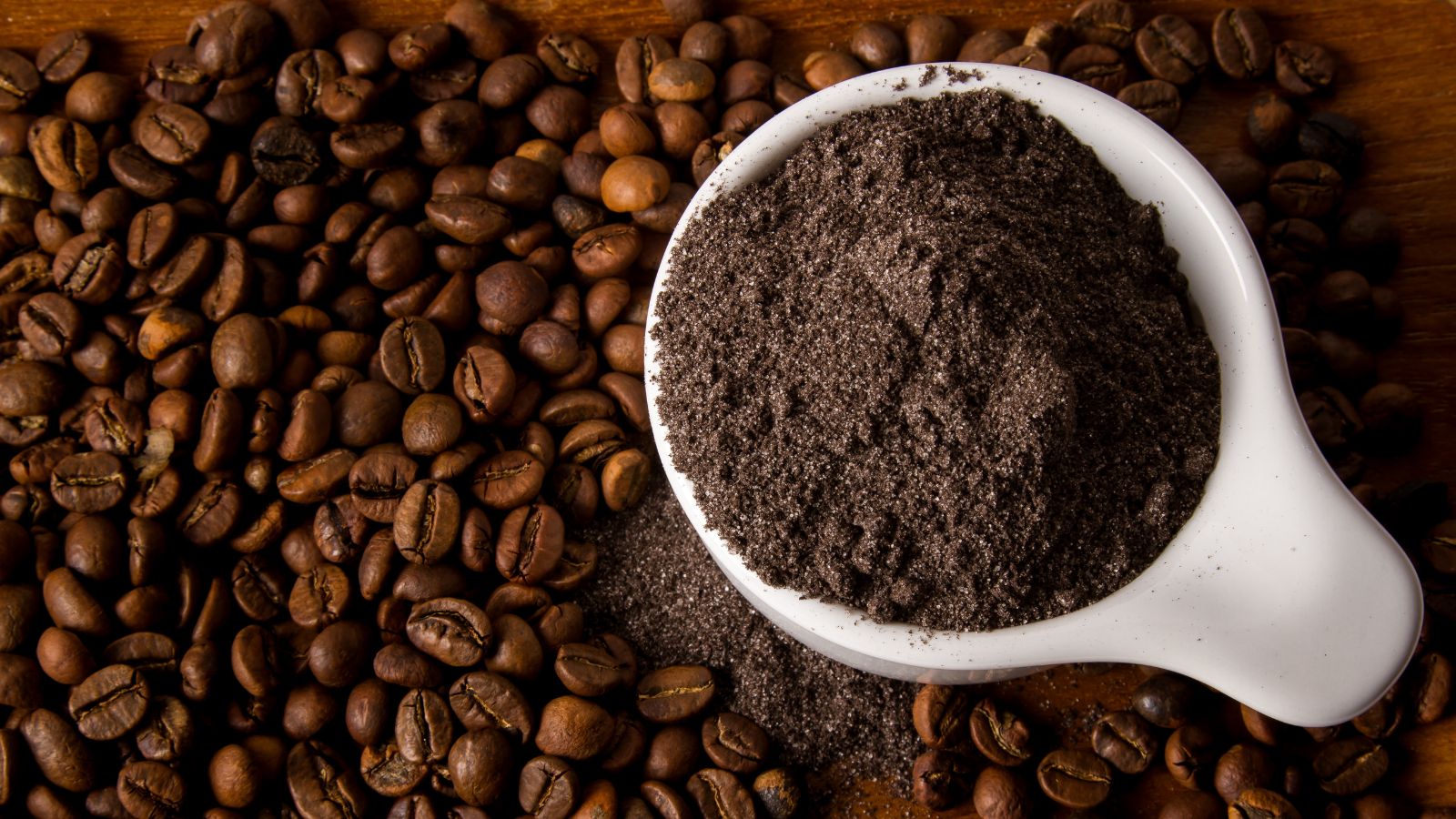
Coffee grounds are useful for more than just a quick pick-me-up of energy. In fact, they're astonishingly good at absorbing bad odors and you can even apparently clean your kitchen with coffee grounds, according to cleaning pros.
This is because coffee grounds contain antioxidants as well as nitrogen, reacting with the carbon dioxide naturally occurring in the air to come out as a neutral element.
To harness the power of your coffee grounds, all you need to do is place them in odor-prone areas of your home and leave them be.
Muffetta suggests, 'Place your dry grounds in bowls or sachets and leave them be in your home's odor-prone areas. Coffee grounds are particularly good for deodorizing fridges, garbage disposals, and pet areas.'
Amazon sells empty tea bags, ideal for filling up with coffee grounds for this DIY. But be mindful that using coffee grounds to do this will leave behind a subtle coffee scent, and that you should only be using unused coffee grounds. Leaving damp, used coffee grounds around your home will result in bad smells and likely the development of mold.
Your coffee grounds should be replaced approximately every two to three weeks.
6. Lemon juice
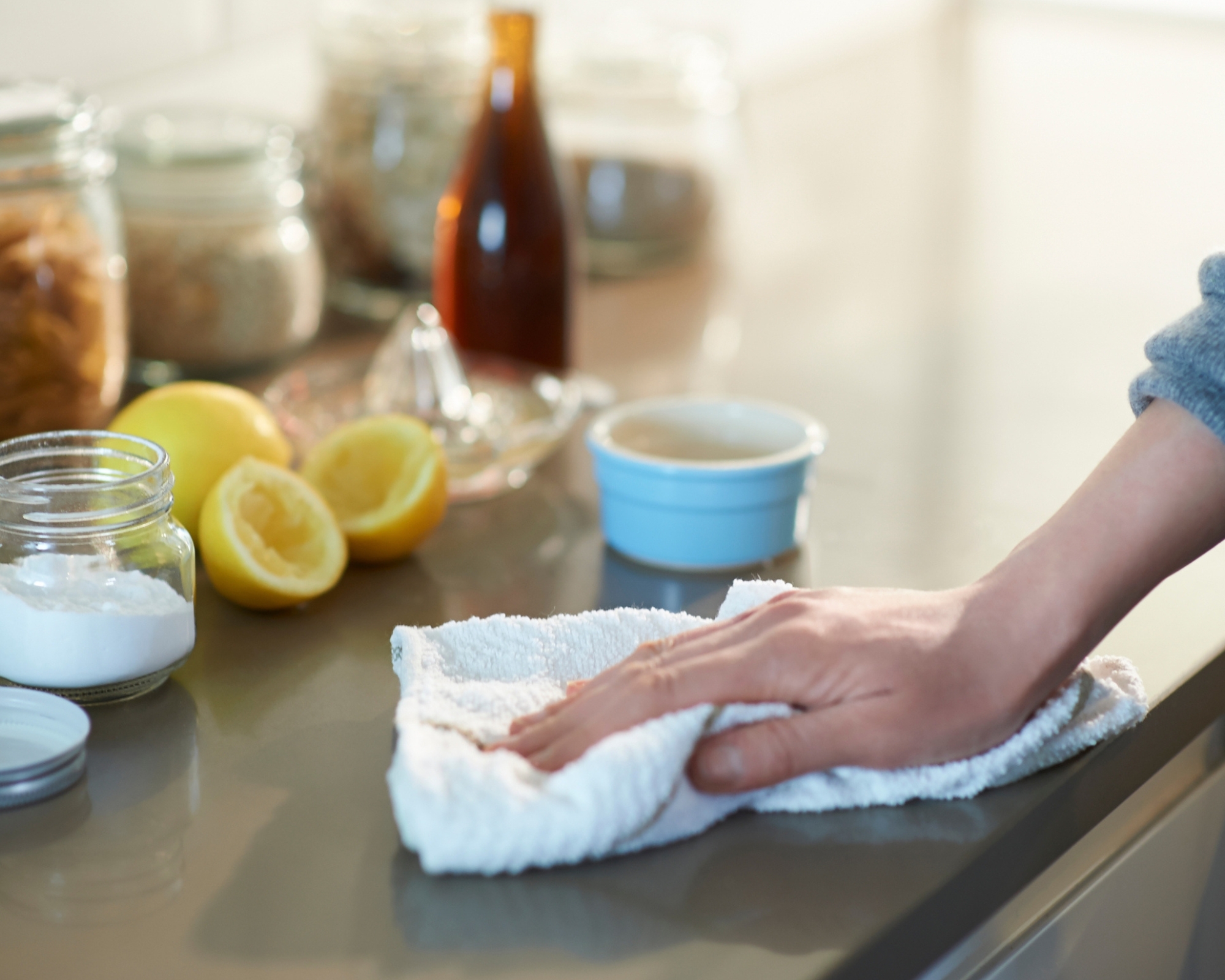
The scent of lemon is one many people associate with cleanliness, and it's for good reason. The natural composition of a lemon contains the properties of a deodorizer and a disinfectant, and its acidic compounds are great at cutting through grime from stubborn limescale to dishwasher dirt.
Tamara explains, 'Lemon juice is actually both a deodorizer and disinfectant. Its acidic nature helps break down alkaline compounds, such as stains and odors from food and mildew while leaving a fresh scent.
She shares two methods to use lemon as a deodorizer in your home, as well as which areas using lemon will work best.
'If you're looking to make a natural surface cleaner, mix equal parts lemon juice and water in a spray bottle. This solution will be perfect for wiping down countertops, especially in the kitchen and bathroom.
'Lemons are also really good for clearing microwaves of odors and burnt on food. All you need to do is sit some lemon slices in a bowl of water, then microwave it for a few minutes on a low heat. The steam created by microwaving the water will help loosen grime in your microwave, and the fresh lemon will help tackle odors and leave a pleasant scent behind.'
If you're like me and struggle to get as much juice as possible out of lemons, picking up a juicer such as the gianna 2 in 1 lemon juicer from Walmart will be helpful. Fresh lemon juice really works best for this home deodorizer, so, when life give you lemons, clean.
7. Salt
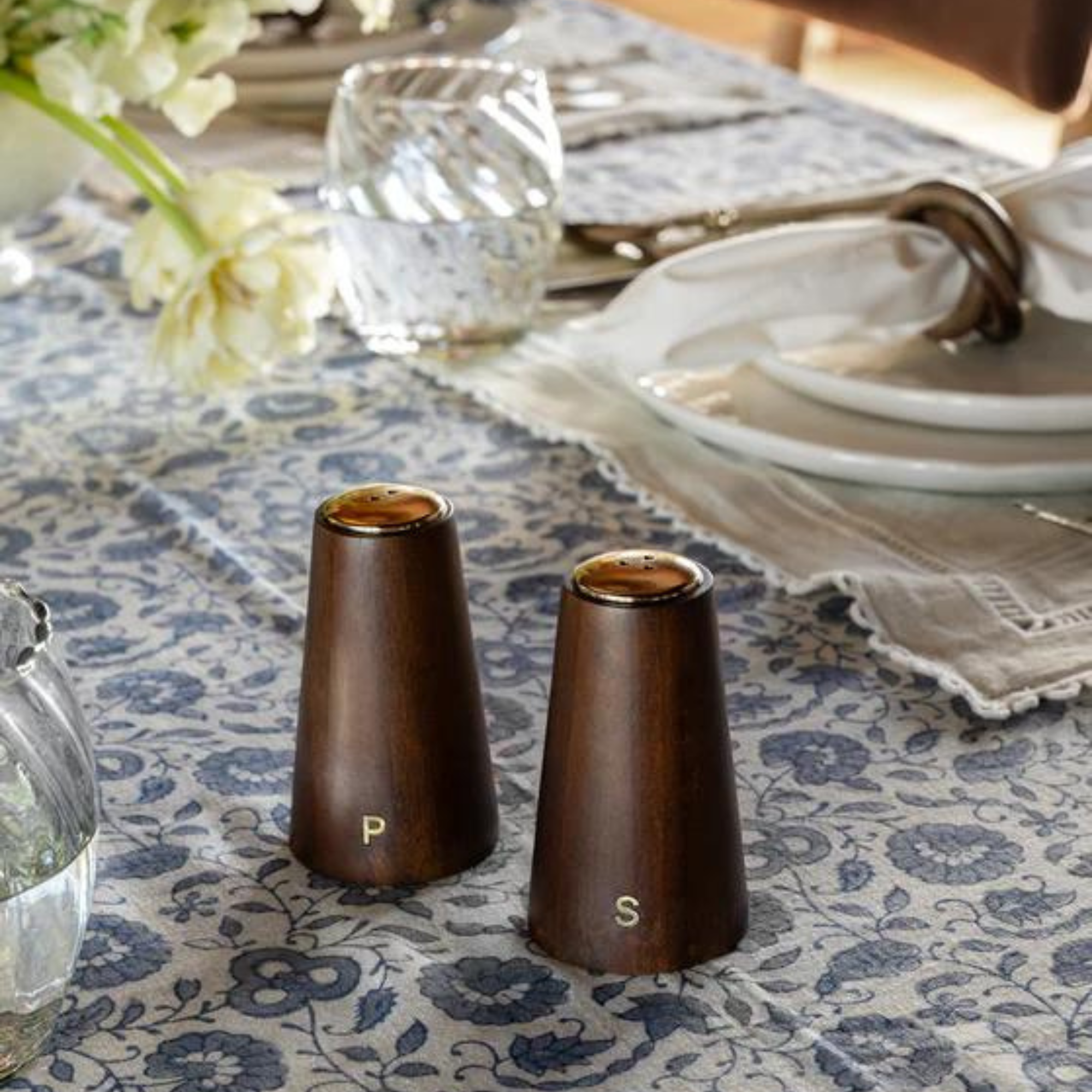
It might sound absurd, but like coffee, salt can deodorize a fridge. It works in the exact same way a baking soda: it's a deodorizing pantry staple and you leave a cup or so in a smelly space to absorb the odor over time.
Karina adds, 'You can also clean with salt by combining it with baking soda or half a lemon to scrub odors from food surfaces such as cutting boards.'
If you're scrubbing your board with half a lemon and salt, it's vital to oil your cutting board after it's dry again with a food-grade mineral oil like the royal craft food-grade mineral oil from Walmart. Doing this will help keep your board 'fed' and protected from the lemon's acidity.
Salt left sitting in a space should be changed out every three weeks.
8. White rice
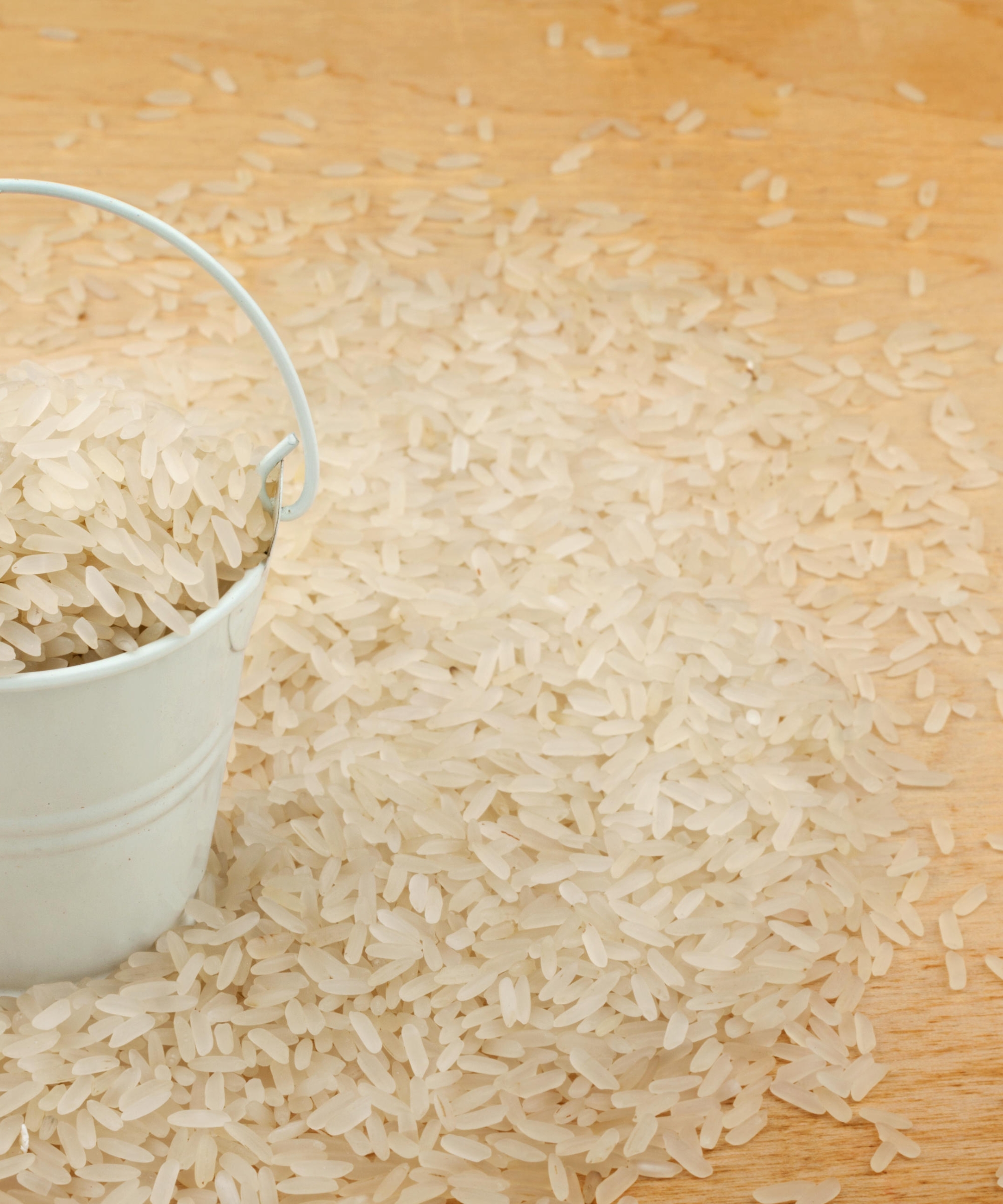
White rice is effective at absorbing and neutralizing odors in your home for multiple reasons.
Muffetta explains, 'The rice absorbs moisture and, by extension, works to limit and remove odor molecules from the air.'
Keeping moisture under control will additionally help to prevent the signs of mold in your home from developing.
You can place a cup of uncooked rice in areas with odors and leave it there for up to four months but if you're looking to elevate this hack use the rice in a way that won't spill.
Muffetta shared a great idea with us: 'You can add drops of essential oil into your rice and place it in a jar with a perforated lid to bring a nice, customized smell into your space while also neutralizing odors.'
Depending on your preference, add ten to twenty drops of essential oil to a standard mason jar filled three-quarters of the way with rice. It's important to not completely fill your jar, so you can shake it every now and then to separate your rice and encourage the oil's essence to drift through your space.
Target sells some lovely mason jars with a single hole in their lids designed for drinking out of, such as the 2 pack of crystal claro mason jar glasses. These would look stunning sat in a space, and you wouldn't even know they were filled with rice.
Combined these with a luxurious scented essential oil, such as Everspring's lavender and bergamot essential oil available at Target and your space shall smell divine.
9. Hydrogen peroxide
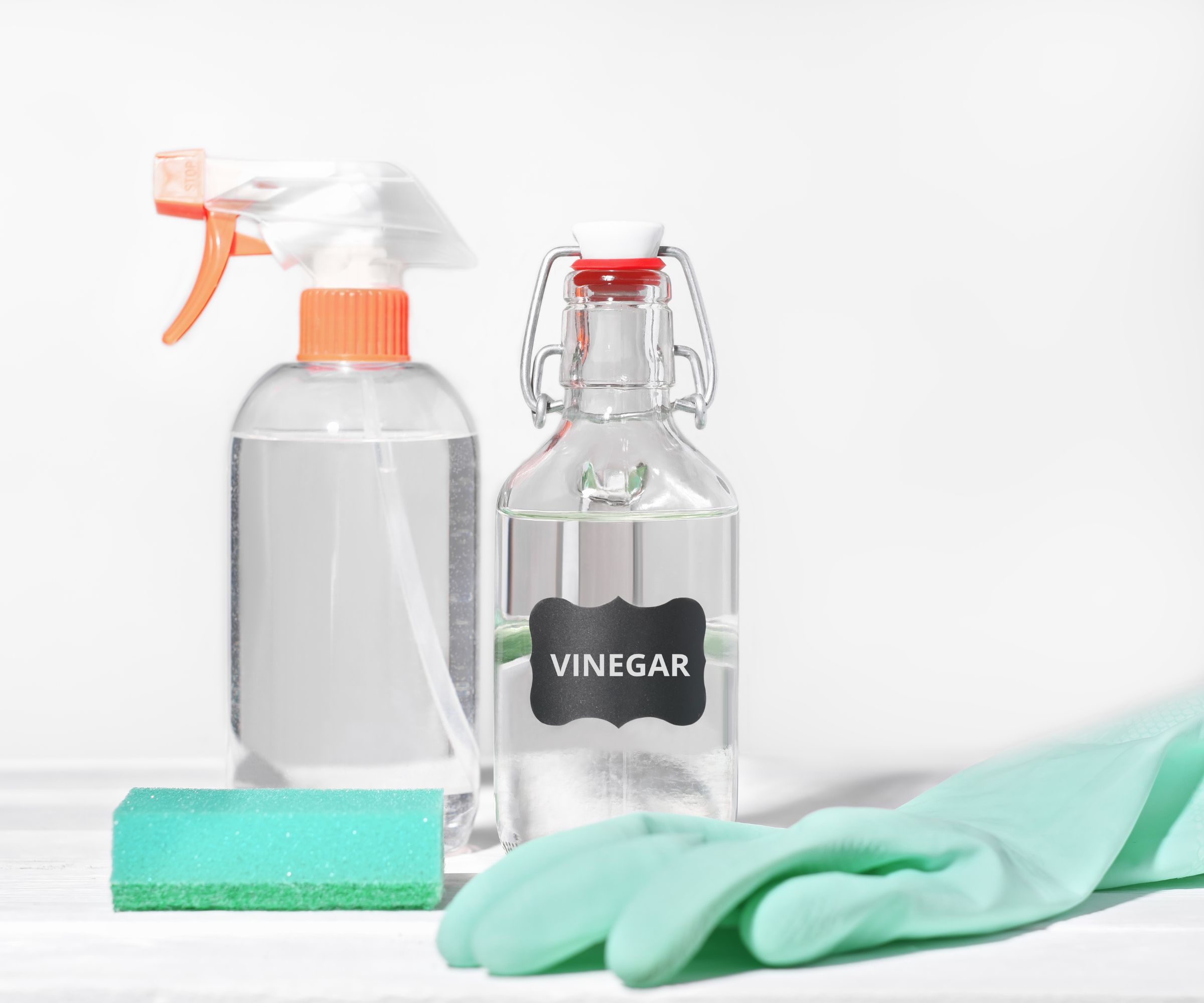
Found in rainwater, snow, and even the human body, hydrogen peroxide is a biodegradable, natural alternative to bleach that will eliminate odors at their source, before then turning into water and oxygen.
Karina says, 'To clean with hydrogen peroxide in your home, use a diluted amount of the product with water to wipe over surfaces. Hydrogen peroxide works best at tackling odors in kitchens or bathrooms, and should not be used on fabrics or porous, sensitive surfaces like wood.'
It's recommended to add one cup of hydrogen peroxide per liter of water.
If you'd rather opt for something ready to go immediately, there are products available such as the Seventh Generation Fragrance-Free Disinfecting Cleaner, from Target, which already contains hydrogen peroxide.
For tougher cleaning, it may be better to dilute your own hydrogen peroxide though as you have more control over the solution's strength.
A deodorized home is a fresh-smelling home, but people with homes that delight the nose often have some tricks up their sleeves. Here, we explored seven hidden tricks people with nice-smelling homes always use, and why they make such a difference to a space.
Next, learn how to use essential oil to wipe out trash can smells.

Ciéra is a writer and regional laureate with particular passions for art, design, philosophy and poetry. As well as contributing to Homes & Gardens, she's an Editorial Assistant for Design Anthology UK and a contributing writer for magazines including Livingetc, Apartment Therapy, House Beautiful and Ideal Home. Previous commendations of hers include being Highly Commended by The Royal Society of Literature and receiving a prestigious MA Magazine Journalism scholarship to City, University of London.
